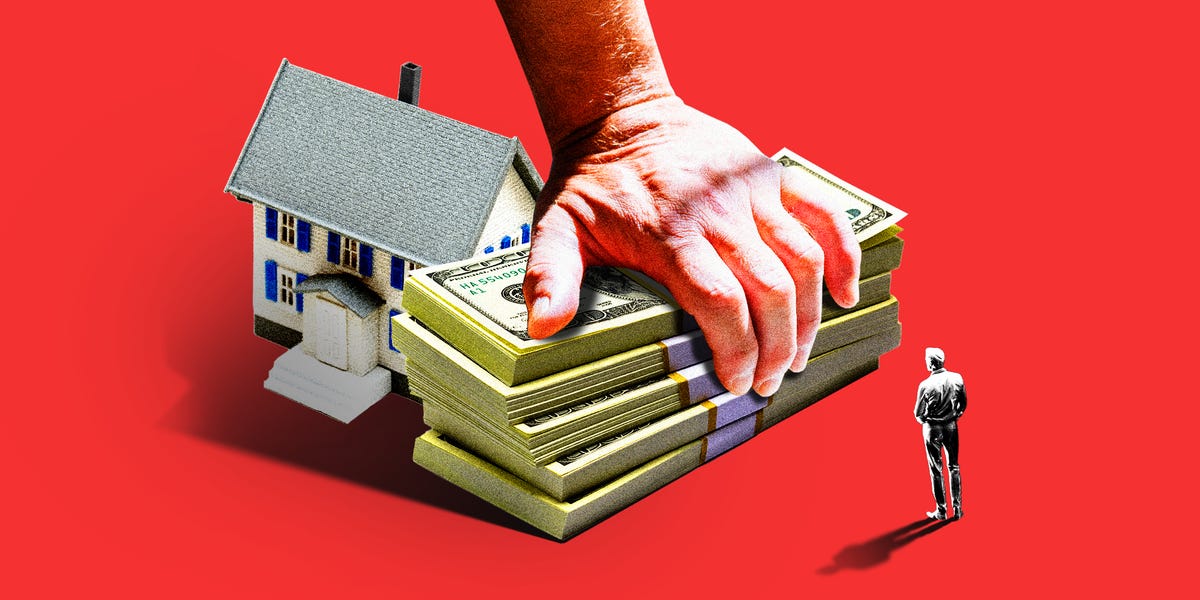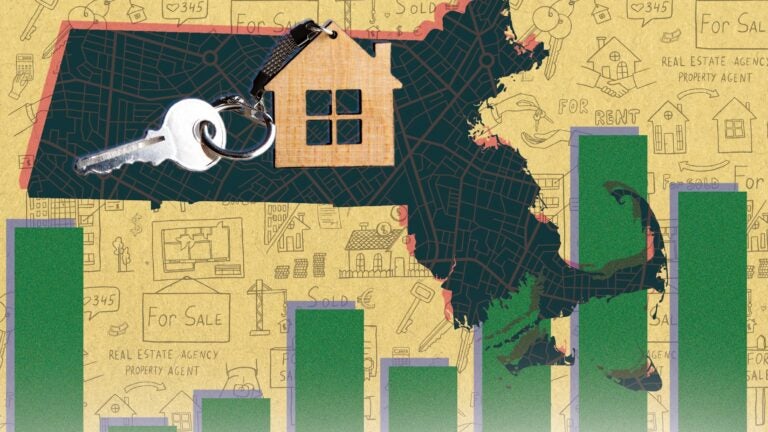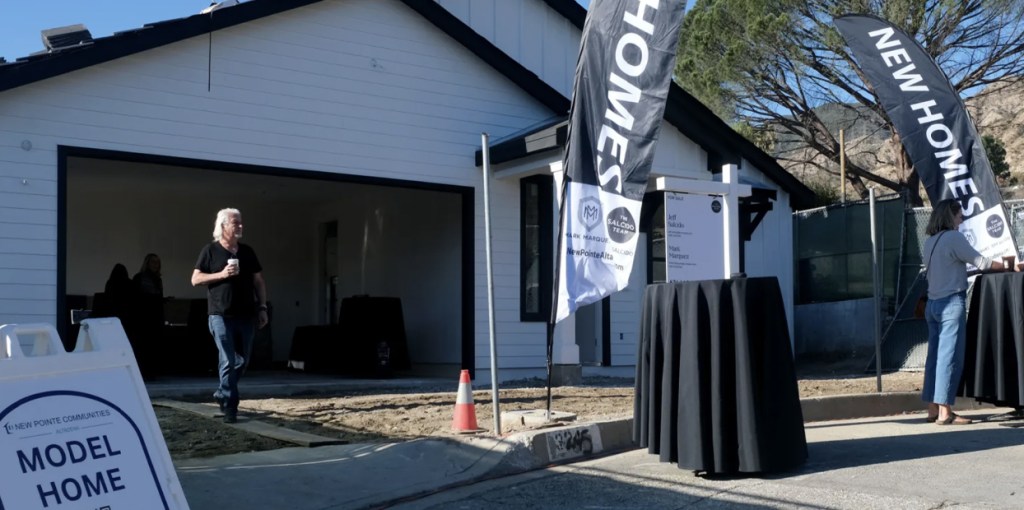O
lder homeowners are pushing back against the rising cost of property taxes, while younger generations—millennials and Gen Z—are being asked to shoulder the burden. A recent AI‑generated album, “Uplift the Dream,” features a track of the same name that rallies Ohio residents to abolish their property tax. The song is part of a broader national movement that includes breakdancing protests in New Jersey town halls, rallies in Washington state where attendees can win a raffle to have their tax bill paid, and lawmakers such as Rep. Marjorie Taylor Greene who advocate for a nationwide repeal. Elon Musk has even called the tax a “de facto lease” on one’s home.
The conflict is generational. Baby boomers own the majority of homes and pay the bulk of property taxes, which fund local services like schools, fire departments, and roads. As they enter retirement, their cash flow tightens, yet their property values have surged, pushing tax bills higher. Millennials, on the other hand, are priced out of homeownership but rely on the same services that property taxes fund. Both sides have legitimate grievances, but the debate centers on whether the tax should stay or be restructured.
Property taxes are a major source of revenue. In fiscal year 2022, they accounted for 27.4 % of local and state tax collections, according to the Tax Foundation. In many states, the figure is 70 %–90 %. The tax is simple: a percentage of the assessed value of land and buildings. Because it is based on market value, rising home prices automatically raise taxes. Homeowners who see a 50 % increase in value without a change in rate face a 50 % rise in nominal taxes, or over 25 % in inflation‑adjusted terms. The visibility of the tax—paid through mortgages or direct checks—makes the burden feel immediate and personal, unlike income taxes that are withheld or filed annually.
The rise in property values also creates a paradox. While higher values increase homeowners’ net worth and borrowing power, the tax hike erodes that benefit. The equity is largely illiquid; homeowners cannot tap it for everyday expenses. The tax’s visibility and the fact that the land, not the structure, is appreciating can feel abstract, especially when a house’s physical condition remains unchanged.
A generational divide deepens the issue. In the 1970s, California’s Proposition 13 froze property tax rates at 1 % and capped annual assessment increases at 2 % until a sale, protecting long‑time owners from rising taxes. Those owners now pay far less than newer buyers, creating a disincentive to sell and a barrier for younger buyers. Nationwide, about 40 % of older homeowners stay in the same house for 20 + years, pushing the median age of first‑time buyers to 38. This fuels resentment: older homeowners feel they are subsidizing services they rarely use, while younger buyers feel excluded.
Some states have tried relief measures. Indiana’s new bill offers a 10 % property‑tax credit, but lawmakers warn it could force the state to rely more on income taxes and reduce revenue for public services. Critics argue that a wholesale cut would leave those who can afford to pay the tax off the hook, while also reducing the wealth transfer that supports younger households. The Tax Foundation’s Jared Walczak notes that property taxes generate about 70 % of local revenue nationwide; eliminating them would be “virtually impossible” without significant economic harm.
Proposed reforms include levy limits that cap the total revenue a locality can collect from existing properties, and circuit breakers that trigger when a tax bill exceeds a certain percentage of a homeowner’s income or falls below income thresholds. These measures add complexity but aim to protect those who truly cannot afford the tax while preserving essential services.
The debate touches on broader themes of civic duty and social contract. Some argue that eliminating the tax is shortsighted, addressing symptoms rather than root causes such as the lack of affordable housing. Others see it as a necessary step to correct a system that disproportionately burdens older homeowners while excluding younger generations. The movement reflects growing distrust and individualism, especially among younger Americans who feel the social contract has eroded.
In short, the property‑tax revolt is a generational clash over a simple, yet powerful, source of local revenue. While older homeowners resist higher bills, younger generations demand a fairer system that allows them to enter the housing market and benefit from the services that property taxes fund. The challenge lies in reforming the tax to balance fiscal sustainability with equity across age groups.














